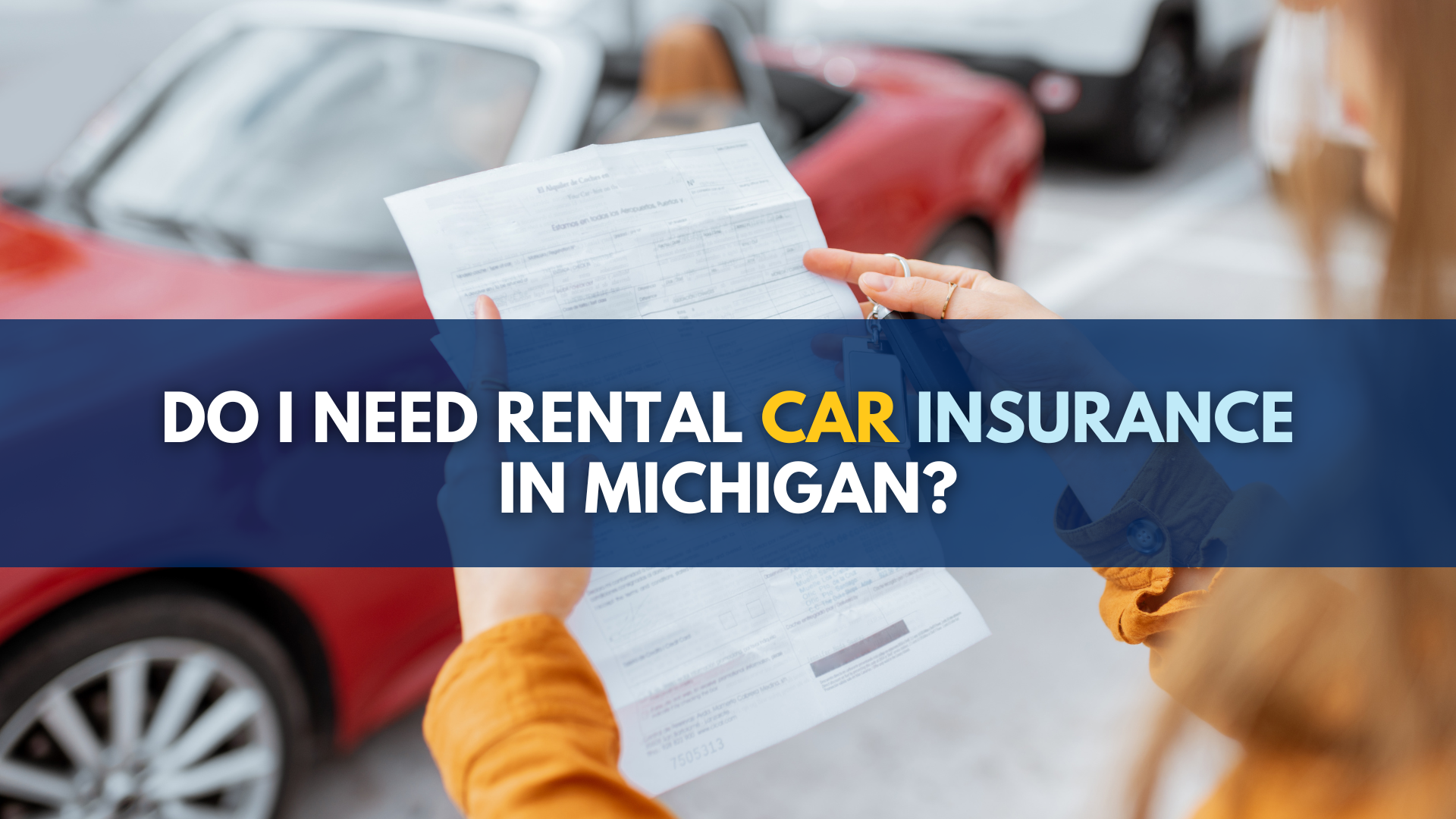In guise of temporary savings, House Bill 4024 eliminates unlimited necessary medical care and gives insurers way to avoid reducing premiums

It didn’t take some insurance company-beholden lawmakers very long to resume their efforts on changing No-Fault in a way that helps insurers at the expense of Michigan drivers and car accident injury victims.
Last Thursday, January 10, 2019 – just days into the new 2019-20 legislation session – House Republicans introduced House Bill 4024, which proposes to change Michigan’s auto No-Fault insurance law as follows:
- Eliminate the existing necessary unlimited catastrophic medical coverage that’s guaranteed by the No-Fault law and replacing it with caps on all No-Fault benefits at levels of $250,000 and $500,000 (which means that all benefits and protections, such as medical, wage loss, replacement services and attendant care, must be covered by the cap). However, drivers would still have the option of retaining No-Fault coverage with “no maximum limit.” (HB 4024, page 16)
- Impose a No-Fault medical-provider fee schedule that will boost auto insurance company profits while saddling car crash injury victims with reduced access to necessary medical care. (HB 4024, page 21)
- Requires temporary, indefinite savings that apply only to the No-Fault portion of people’s auto insurance bills. (HB 4024, page 23)
- Requires all drivers – including those who choose to forfeit their catastrophic injury coverage – to continue to pay into the Michigan Catastrophic Claims Association (MCCA). (HB 4024, pages 6 and 12)
Like the abysmal – and, fortunately, failed – proposals from the last legislative session, such as the Duggan-Leonard-Theis plan which was roundly defeated by a 63-45 vote in the House, House Bill 4024 will hopefully be shelved in favor of more responsible proposals that could both preserve benefits and protections and lower insurance prices.
Below I will discuss in detail the aspects of HB 4024 that drivers, car crash injury victims and voters need to know about.
To read more about the No-Fault reforms that I have proposed, please check out my “No Fault reform guide for new lawmakers on how to lower car insurance rates and preserve No Fault benefits.”
To read more about past No-Fault reform efforts by lawmakers, please check out “Michigan No Fault reform: Everything you need to know.”
Capping No-Fault benefits
House Bill 4024 proposes the following caps on all No-Fault benefits – medical expenses, wage loss, replacement services and attendant care, etc.:
- $250,000 limit (new 3109a(2)(A))
- $500,000 limit (new 3109a(2)(B))
- “No maximum limit” (3109a(2)(C)). (HB 4024, Page 16)
Notably, the first two cap levels eliminate all catastrophic injury coverage for car crash victims whose injuries are so severe and life-altering that they will need medical care and coverage – which is currently guaranteed by the No-Fault law.
Consequently, the amount that car accident victims will need to cover what they’ve lost in wages because of injuries and not being able to work is part of the same pie available for necessary medical care and treatment, leaving car accident victims in a horrible Catch 22: Use the limited coverage to pay bills, put food on the table and pay your mortgage, or use the coverage to pay for the necessary medical care to live and try to recover.
In other words, if you have tens of thousands of dollars lost because you can’t work, it is all taken out of the same cap amount that is used to pay for critical medical care.
Additionally, as I’ve discussed over the years, capping auto No-Fault insurance benefits carries with it serious, harmful consequences (none of which are acknowledged by the insurance-industry-beholden politicians who push them) such as:
- Caps push victims onto health insurance, Medicaid and Medicare for their medical care coverage, yet the coverage the victims need may not be available to auto exclusions in insurance policies, non-coverage or limitations of coverage for necessary services and treatment, restrictions imposed by managed care systems such as HMOs.
- Caps actually cause more car accident lawsuits by forcing victims to sue at-fault drivers for the “excess” medical coverage they need, which exceeds the auto No-Fault cap in their insurance policy. Significantly, HB 4024 at least does appear to acknowledge this reality by authorizing tort lawsuits to recover damages for unpaid medical benefits that are “in excess of” of the No-Fault cap. (HB 4024, page 19)
- However, as one of the few Michigan auto accident lawyers who has litigated cases both in No Fault states like Michigan and in other “pure tort” states that do not have a No-Fault law, I can say that depending on the wrongdoer who causes a serious car or truck wreck to pay economic loss is more akin to playing Russian Roulette than it is a sound compensation mechanism for accident victims. It works when you have a Tracy Morgan situation with a defendant with essentially unlimited insurance policy limits and assets. It doesn’t work at all in most states where the wrongdoer driver has minimum insurance policy limits and little or no assets and further has the ability to seek bankruptcy protection if the medical bills and economic loss is significant.
- Caps force victims to pay out-of-pocket (using savings, retirement, college accounts, etc.) for necessary medical care or to just go without needed care.
So-called insurance premium savings from HB 4024’s No-Fault reform plan?
On paper, HB 4024 appears to be promising an “average” amount of savings to drivers.
Specifically, this No-Fault reform bill provides:
- Average savings of 40% for policies with a $250,000 cap on No-Fault benefits
- Average savings of 20% for policies with a $500,000 cap on No-Fault benefits
- Average savings of 10% for policies with “no maximum limit” on No-Fault benefits (HB 4024, page 23)
But as is so often the case with these insurance company lobbyist-inspired No-Fault reform bills, the devil is in the details.
Below is what drivers and victims need to know about HB 4024’s so-called savings:
- It’s temporary because the assurance of “savings” disappears in five years. (HB 4024, pages 23 and 25)
- Auto insurers have a loophole to avoid providing price reductions by asserting that the “required deductions are not justified.” (HB 4024, pages 23-24)
- The savings only apply to the No-Fault portion of people’s auto insurance bill – leaving untouched the ever-increasing rates for liability, property damage, collision and comprehensive.
- Savings will be offset or cancelled out by corresponding increases in health insurance prices and taxpayer burdens for Medicaid and Medicare. As the burden of medical claim costs for car crash victims shift from No-Fault to these entities, their costs will naturally rise (significantly in the case of catastrophically injured victims) and, thus, those increased costs will be passed along to insurance consumers and taxpayers.
- Savings will be offset by increased litigation costs due to lawsuits being filed to recover “excess” medical benefits.
- Savings will be offset by increased auto insurance costs for liability coverage (yes, you read that correctly) which drivers will need to protect themselves and their families financially if they’re sued by a crash victim for “excess” medical benefits.
- Savings will be offset or cancelled out ERISA liens (filed by self-funded, employer-provided ERISA health insurance plans) which would allow a health insurer to take money from a victim’s pain and suffering settlement as reimbursement for what the insurer paid for the victim’s accident-related medical care.
- Savings will be offset or cancelled out by expenses paid out-of-pocket for medical care in “excess” of the No-Fault cap that isn’t available through health insurance or Medicaid or Medicare and/or through a tort lawsuit against the at-fault driver.
Proposed No-Fault medical-provider fee schedule is not enough
HB 4024 proposes a fee schedule that is 100% of the Workers’ Compensation fee schedule.
That’s not enough. To assure that car crash victims are able to have access to the medical care and treatment they need, the fee schedule will need to be increased.
I believe a No-Fault medical-provider fee schedule that’s set at 185% of the Workers’ Compensation – which is the level that’s been proposed by CPAN – would do justice for everyone.



whoah this weblog is fantastic i love reading your posts.Stay up the great work! You realize, a lot of people are hunting around for this info,you can aid them greatly.